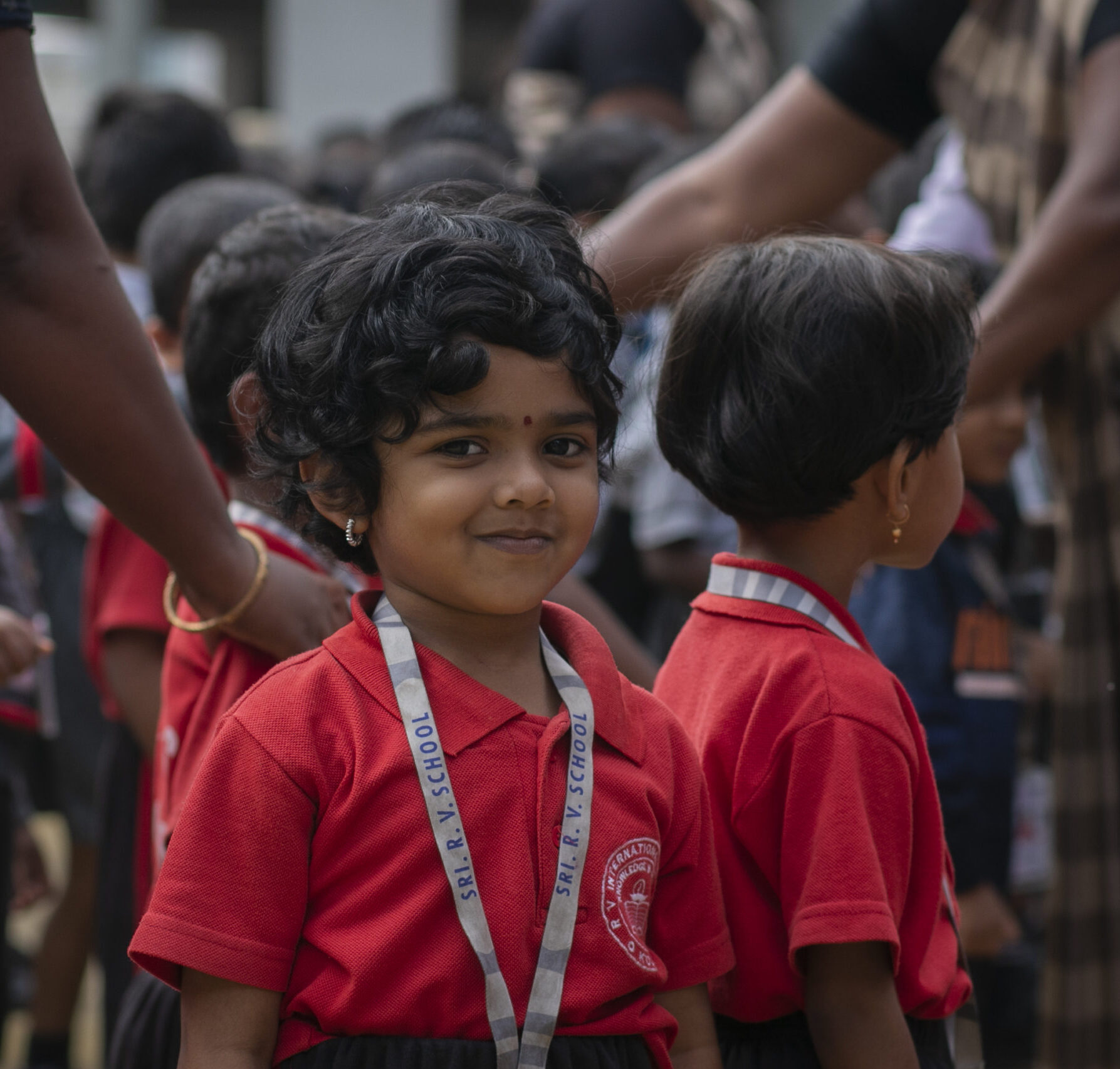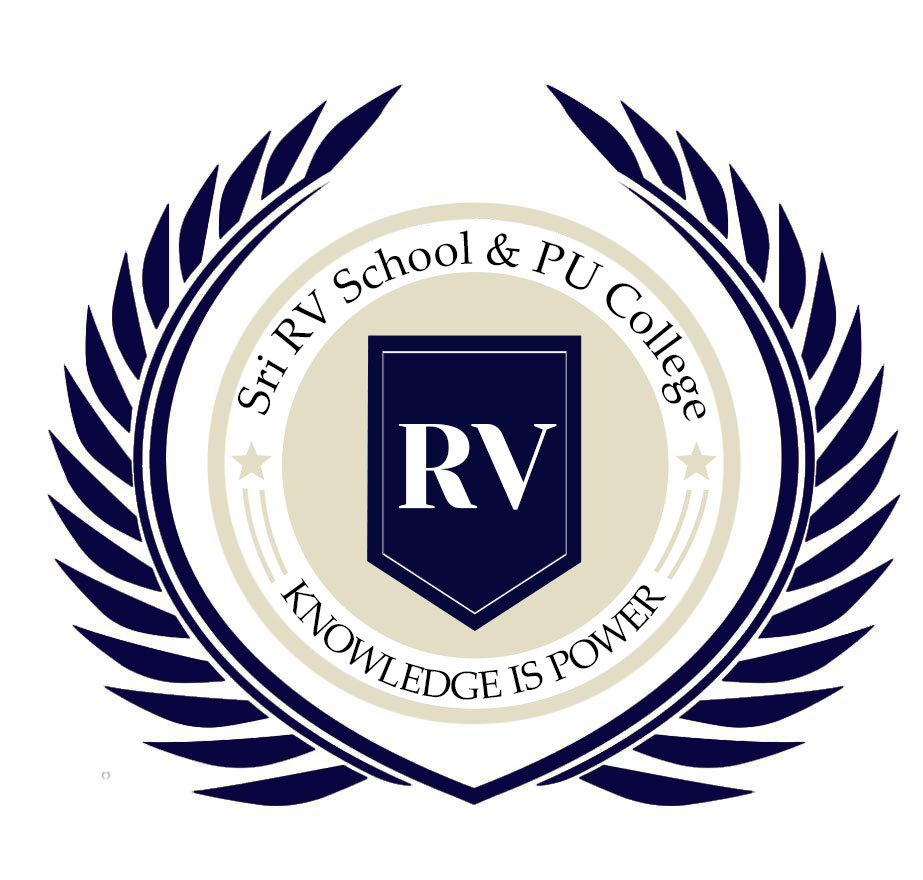Montessori-Based Learning
Montessori education, based on the principles developed by Dr. Maria Montessori, is an innovative and child-centered approach that caters to the unique needs of young learners in their formative years.

Child-Centric Philosophy
Montessori education revolves around the belief that each child is a unique individual with innate abilities and a natural curiosity for learning. The environment is carefully designed to foster self-discovery and independence.

Hands-On Learning
At our Montessori levels, including Mont, Mont 1, and Mont 2, children engage in hands-on, sensorial activities. These activities are specifically crafted to appeal to a child's natural inclination to explore and learn through touch, sight, sound, and movement.

Individualized Pace
One of the core tenets of Montessori education is allowing children to progress at their own pace. This individualized approach ensures that each child masters foundational skills before moving on to more complex concepts, fostering a strong and confident educational journey.

Mixed Age Groups
Montessori classrooms often have mixed-age groups, encouraging collaboration and social development. Older children act as mentors, fostering a sense of community and share learning experiences.

Prepared Environment
Montessori classrooms are thoughtfully organized with carefully selected materials that cater to a child's developmental stages. The prepared environment supports the child's natural desire to explore and learn independently.
Advantages of Montessori Education

Love for Learning
By allowing children to explore subjects at their own pace and through their own interests, montessori education nurtures a lifelong love for learning.
Independence and Self-Discipline
The emphasis on self-directed learning cultivates independence and self-discipline in children. They learn to make choices, take responsibility for their actions, and develop a strong sense of autonomy.
Social and Emotional Development
Mixed-age classrooms promote social development, cooperation, and empathy. Children learn to work collaboratively, resolve conflicts, and build meaningful relationships with peers.
Creativity and Critical Thinking
Montessori education encourages creativity and critical thinking by providing a diverse range of activities and materials that stimulate curiosity and problem-solving skills.
Smooth Transition to Formal Education
The skills developed in a Montessori environment lay a solid foundation for future academic success, making the transition to formal education seamless.
In summary, Montessori education at our school is designed to nurture the holistic development of young minds, fostering a love for learning, independence, and essential life skills that will serve them well in their academic journey and beyond. We provide Montessori education equivalent to all the kindergarten classes.
